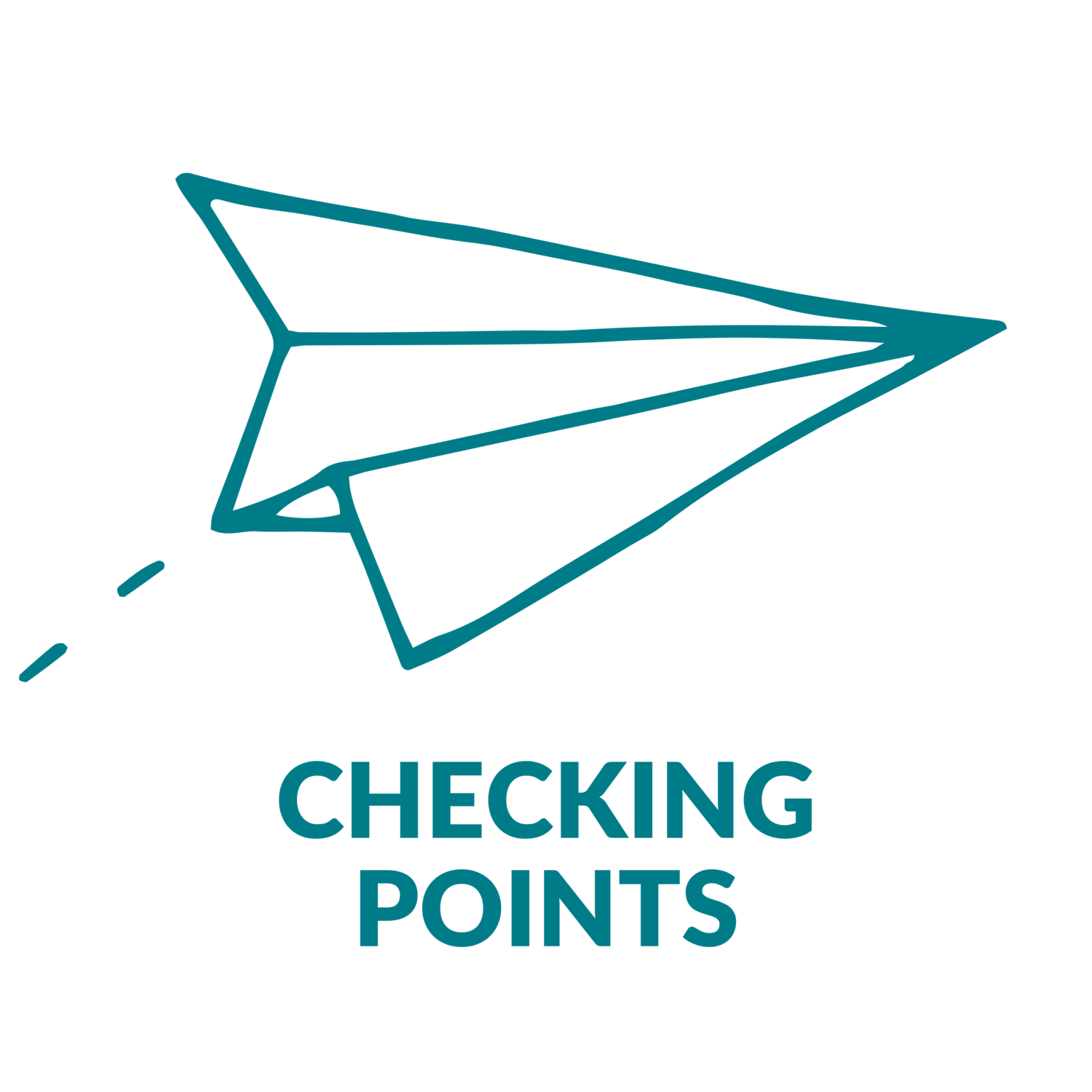Chase 5/24 rule and what you need to know
In an earlier article I wrote I alluded that credit card companies are in the business and habit of making money (https://www.checkingpoints.com/blog/why-do-credit-card-companies-offer-credit-cards-and-why-using-credit-cards-doesnt-need-to-be-as-scary-as-it-seems). As discussed, there are ways you can also benefit as well by earning large signup bonuses. While these companies attract customers by giving large signup bonuses, they also want to be sure these customers are not taking advantage of these generous bonuses time and time again. Since Chase wants to attract customers they can make money from, they have installed an approval restriction wherein customers will not be approved for a credit card if they have been approved for 5 credit cards within the last 24 months.
Specifics to know about 5/24.
Business cards generally do not count towards your 5/24 status (aside from Capital One). Business cards do not count as they do not report to your personal credit report. Since Chase can’t see these business accounts (even their own) when they pull your credit report, business cards won’t impact your status. Capital One business cards however WILL impact your 5/24 status as Capital One reports all credit cards to the individuals credit reports.
You will not be approved for any credit card (including business card from Chase) if you have been approved for 5 or more personal credit cards in the last 24 months.
Closing a credit card will not impact your 5/24 status. Chase looks at new accounts opened, and closing a card will not give you an additional 5/24 slot by closing an account.
How to determine your Chase 5/24 status:
Credit Karma is a great tool to check in on your 5/24 status. Credit Karma collects your TransUnion and Experian information (does not do any hard pulls to collect this info), and will show you the age of all credit cards and other credit instruments. If you happen to be over 5/24, you may want to see how many months before you’re below 5/24 and set a reminder to let you know it may be time to apply for a new credit card.
How 5/24 should impact your decision making:
The general rule of thumb is to start with chase cards before moving on to other
issuers such as Amex or Citi. Since both Amex and Citi do not have restriction, you can have your cake and eat it too by starting with Chase to fill up your 5/24 slots, and then proceeding to apply for Amex and Citi cards.
You’ll wan to focus on which Chase cards are right for you before you start applying
for cards. Chase has their own Sapphire and Freedom lineup that typically hold solid value, as well as co-branded families of cards from popular companies such as United, Southwest, Marriott and Hyatt, to name a few. Since Chase has dozens of credit cards
to choose from it’s important for you to assess which cards make the most sense based on your travel and spending habits.
If you find yourself over 5/24, but Credit Karma shows your be dropping below 5/24 soon, it may be worth it to stop applying for cards from all issuers and wait until you are back below 5/24. Make sure the wait is worthwhile however. Sometimes waiting to drop below 5/24 just to get a card you don’t really have much use for will force you to miss out on some elevated bonus offers from other issuers.
The Chase 5/24 rule can and likely will impact your strategies to ensure you are maximizing you credit card earnings. See my previous article on earning and using Chase Ultimate Rewards points (https://www.checkingpoints.com/blog/earning-and-using-chase-ultimate-rewards-points). While there are some intricate rules involved, using Credit Karma and building out a plan is the best course of action to ensure you earn that next bonus and can start planning your next trip. If you have any questions on 5/24 or anything else on the above, reach out to me. I’m happy to answer any questions to help you with your 5/24 status or to help build a plan!
